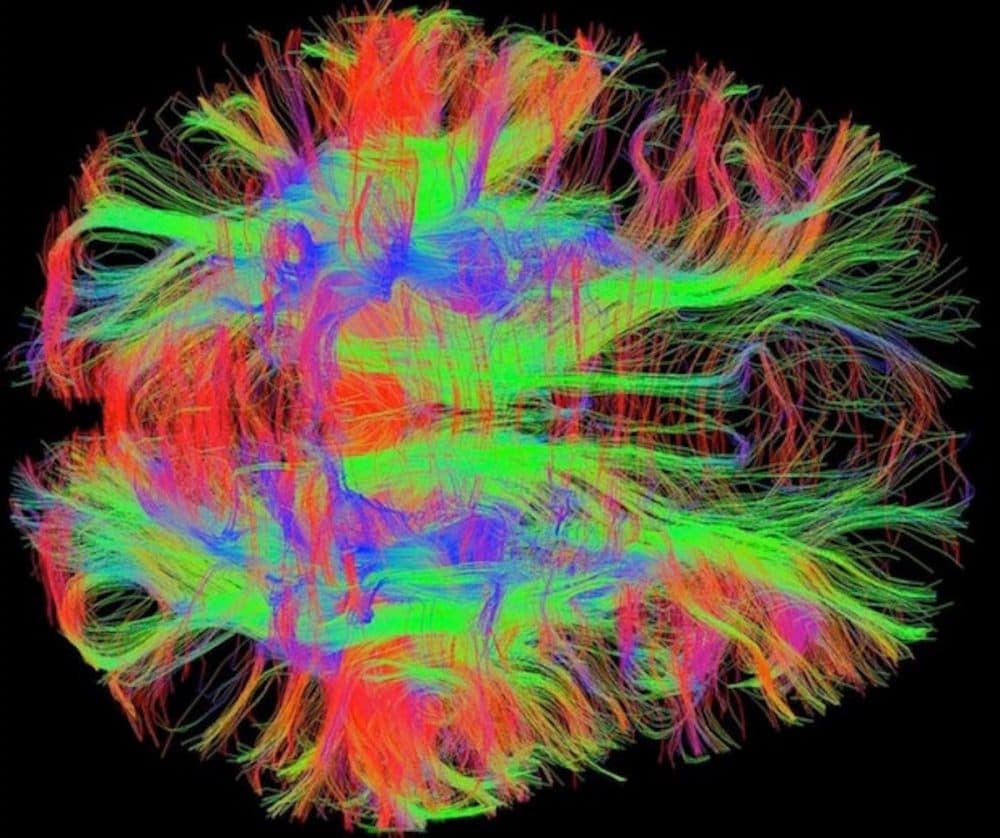Advertisement
You're Invited, 9/28: Experts On Gaps Between Brain Science, Psychiatric Treatment, Policy

This from Dr. Jerrold Rosenbaum, Massachusetts General Hospital's longtime chief of psychiatry:
For a variety of reasons, from biology to life events, our brains can let us down, and that dysregulation can be the source of some of the most poignant experiences of human suffering. We call many of these psychiatric disorders. They are common; no family goes untouched. We are not doing well as a society in responding to this reality. We need to understand why and do something about it.
So it's not just our brains that let us down, it's society. Hence the upcoming HUBweek day-long program that Dr. Rosenbaum will oversee: "Synaptic Gap: 21st-Century Brain Science Meets Mental Health Treatment and Policy." From the description:
Some of the most exciting and world-changing advances in medicine are happening in neuroscience. Unfortunately, mental health treatment and policy are not keeping pace. Massachusetts General Hospital convenes a provocative – and hopeful — one-day forum to look beyond the present-day access and payment obstacles and challenge the health care community to shape the future of mental health.
It's a full day of lively panels, with speakers ranging from Marylou Sudders, the Massachusetts secretary for Health and Human Services, to suicide researcher Matthew Nock. See the full line-up here, but I particularly hope you'll make it to the (admittedly early) 8 a.m. session I'll be moderating on how to translate major advances in brain science into treatment and policy. Here's a sneak peek of some of my questions:
For Dr. A. Eden Evins, founding director of the Center for Addiction Medicine of Massachusetts General Hospital:
Among all the efforts to grapple with the opioid crisis, which ones make sense and which ones don't? And there's a measure on legalizing marijuana on the ballot this fall; what should we know before we vote?
For Dr. Dost Öngür, chief of the Psychotic Disorders Division at McLean Hospital:
What's the state of the science on early intervention for schizophrenia? And if it really makes sense to intervene earlier, what changes are needed so the health care system will ensure earlier help?
For Dr. Jordan Smoller, chair of Psychiatric Neuroscience at Mass. General and a leading expert on psychiatric genetics:
What's the current scoop on genetic testing for psychiatric conditions — are they ready for primetime, for public use? And we hear a lot about various genes being linked to various psychiatric disorders — but how can that help?
For Dr. Joan Camprodon, director of Harvard Medical School's Laboratory for Neuropsychiatry and Neuromodulation:
How does this new family of "neuromodulation" treatments — from deep brain stimulation to transcranial magnetic stimulation — really work, and how different are they from medications? Who should really get them? And could they possibly work so effectively on pain that they could help avoid opioid addiction?
Those are just a taste. Please come and bring questions of your own. It's free. (And I suspect there will even be free coffee.) You can register here.
